The Therapeutic Self: Developing Resonance--Key to Effective Relationships

Summary
Uses various theoretical points of view to examine the concept that there is such an entity as a therapeutic self—a person whose impact on others is consistently beneficial, over and beyond his technical knowledge. A theory is presented which suggests an effective way by which a psychotherapist and patient can interact. Recorded case examples of the therapeutic self in action are presented to illustrate attempts to study this entity through objective evaluation.
Similar Books
-
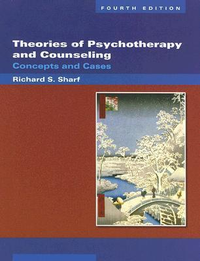 Theories of Psychotherapy and Counseling: Concepts and Cases
Theories of Psychotherapy and Counseling: Concepts and Casesby Richard S. Sharf
-
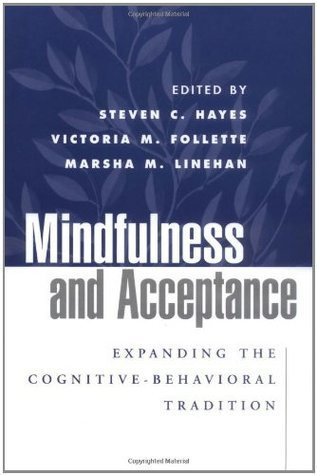 Mindfulness and Acceptance: Expanding the Cognitive-Behavioral Tradition
Mindfulness and Acceptance: Expanding the Cognitive-Behavioral Traditionby Steven C. Hayes
-
 Psychotherapy and Spirit: Theory and Practice in Transpersonal Psychotherapy
Psychotherapy and Spirit: Theory and Practice in Transpersonal Psychotherapyby Brant Cortright
-
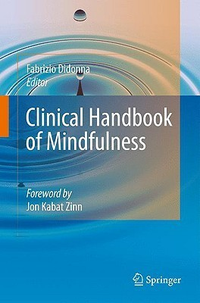 Clinical Handbook of Mindfulness
Clinical Handbook of Mindfulnessby Fabrizio Didonna
-

-
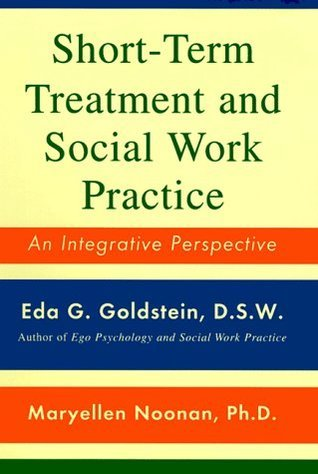 Short-Term Treatment and Social Work Practice: An Integrative Perspective
Short-Term Treatment and Social Work Practice: An Integrative Perspectiveby Eda G. Goldstein
-
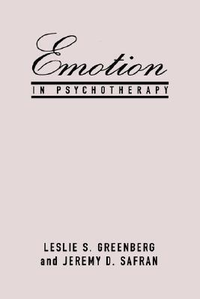 Emotion in Psychotherapy
Emotion in Psychotherapyby Leslie S. Greenberg
-
 Termination in Psychotherapy: A Psychodynamic Model of Processes and Outcomes
Termination in Psychotherapy: A Psychodynamic Model of Processes and Outcomesby Anthony S. Joyce
-
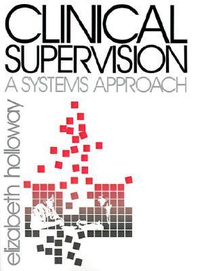 Clinical Supervision: A Systems Approach
Clinical Supervision: A Systems Approachby Elizabeth L. Holloway
-
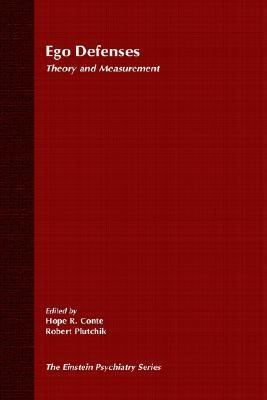
-

-
 Humor and Wellness in Clinical Intervention
Humor and Wellness in Clinical Interventionby Waleed A. Salameh
-
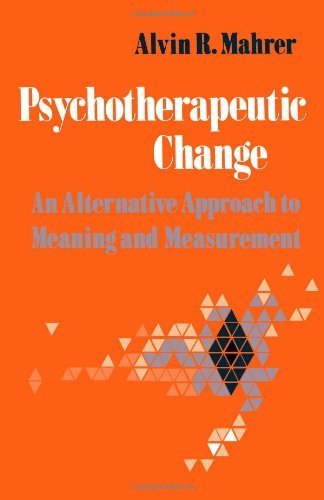 Psychotherapeutic Change: An Alternative Approach to Meaning and Measurement
Psychotherapeutic Change: An Alternative Approach to Meaning and Measurementby Alvin R. Mahrer
-
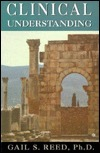 Clinical Understanding
Clinical Understandingby Gail S. Reed
-
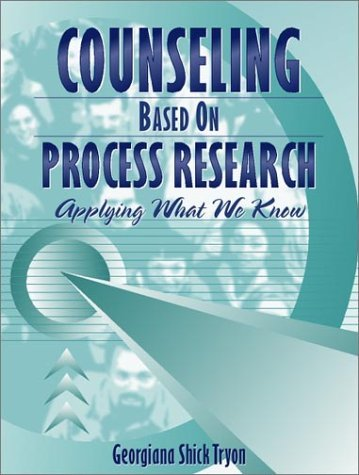 Counseling Based On Process Research: Applying What We Know
Counseling Based On Process Research: Applying What We Knowby Georgiana Shick Tryon
-
 Psychosocial Components of Occupational Therapy
Psychosocial Components of Occupational Therapyby Anne Cronin Mosey
-
 Occupational Therapy: Configuration of a Profession
Occupational Therapy: Configuration of a Professionby Anne Cronin Mosey
-
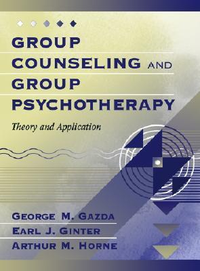 Group Counseling and Group Psychotherapy: Theory and Application
Group Counseling and Group Psychotherapy: Theory and Applicationby George M. Gazda
-
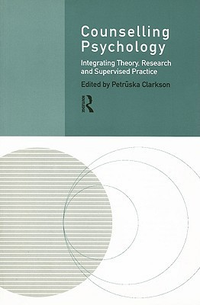 Counselling Psychology
Counselling Psychologyby Petrūska Clarkson
-
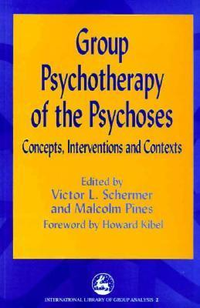 Group Psychotherapy of the Psychoses: Concepts, Interventions and Contexts
Group Psychotherapy of the Psychoses: Concepts, Interventions and Contextsby Victor L. Schermer
-

-
